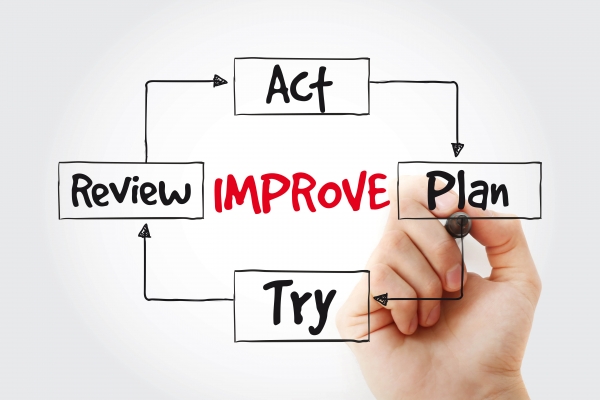Managers – do you dread those annual performance reviews?

The annual performance review can be a pressured occasion for both sides, particularly if it coincides with a salary review. Expectations are high and managers need to prepare well in order to achieve their intended outcome. Be professional and ensure you are respected for the way you approached it.
Here are some key tips for conducting effective annual reviews for line managers. We give similar advice to employees here How to succeed in your Performance Review:
1. Prepare in Advance:
Set the date, time and venue well in advance. Always conduct the meeting face to face if possible. Tell your team what they need to prepare. Review their goals and achievements, take feedback from colleagues and customers. Prepare examples that explain your perspective. Anticipate their questions and, if you are going to have a difficult conversation, be ready to face it head on. Use the same structure for all reviews and create a template letter for written follow up. Remind yourself to really listen.
2. Set the tone:
Begin the review with a positive and constructive tone. Thank the employee for their preparation. Acknowledge their contributions and express appreciation for their hard work. Confirm how much time you have for this meeting and what actions will follow.
3. Discuss broad achievements:
What has gone well this year? Highlight their achievements and successes over the past year with examples. Recognise their contribution to the team and the organisation. This reinforces what gets noticed and rewarded.
4. Encourage Self-Assessment:
Allow the employee to share their own perspective on their performance. This self-assessment can provide valuable insights into their perception of their strengths and areas for growth. It also encourages self-awareness and accountability.
5. Talk about the performance gaps:
Address areas where improvement is needed, but frame feedback constructively. Focus on specific goals or behaviours and follow up with suggestions for improvement.
6. Support them:
Identify areas for professional development, performance improvement and personal growth. Discuss training opportunities, workshops, or mentorship programs that can help the employee enhance their skills and contribute more effectively to the organisation.
7. Encourage Two-Way Communication:
Make this a dialogue, not a monologue. Encourage the employee to share their thoughts, concerns, career aspirations and proposed improvements. Actively listen to their perspective and consider their input in the discussion. Have integrity! Be honest about whether your organisation can meet their career or earning expectations, they will respect you for it.
8. Document the Discussion:
Keep notes during the review, documenting key points, agreed-upon goals, and action items. This documentation serves as a reference for both the manager and the employee throughout the year. Do it within 48 hours of the meeting.
9. Follow-Up and Support:
Schedule quarterly follow-up meetings throughout the year to check progress, provide support, and make any necessary adjustments to goals. This ongoing feedback ensures that employees feel supported and have the resources they need to succeed.
The annual review process is not just about evaluating performance. Many employees see it as sacred time with their boss, and it is where strong bonds of trust and respect can be built. We know from the feedback that we get from job seekers that poorly managed performance reviews and a lack of subsequent follow up leads to disengagement and, ultimately, an avoidable resignation.
